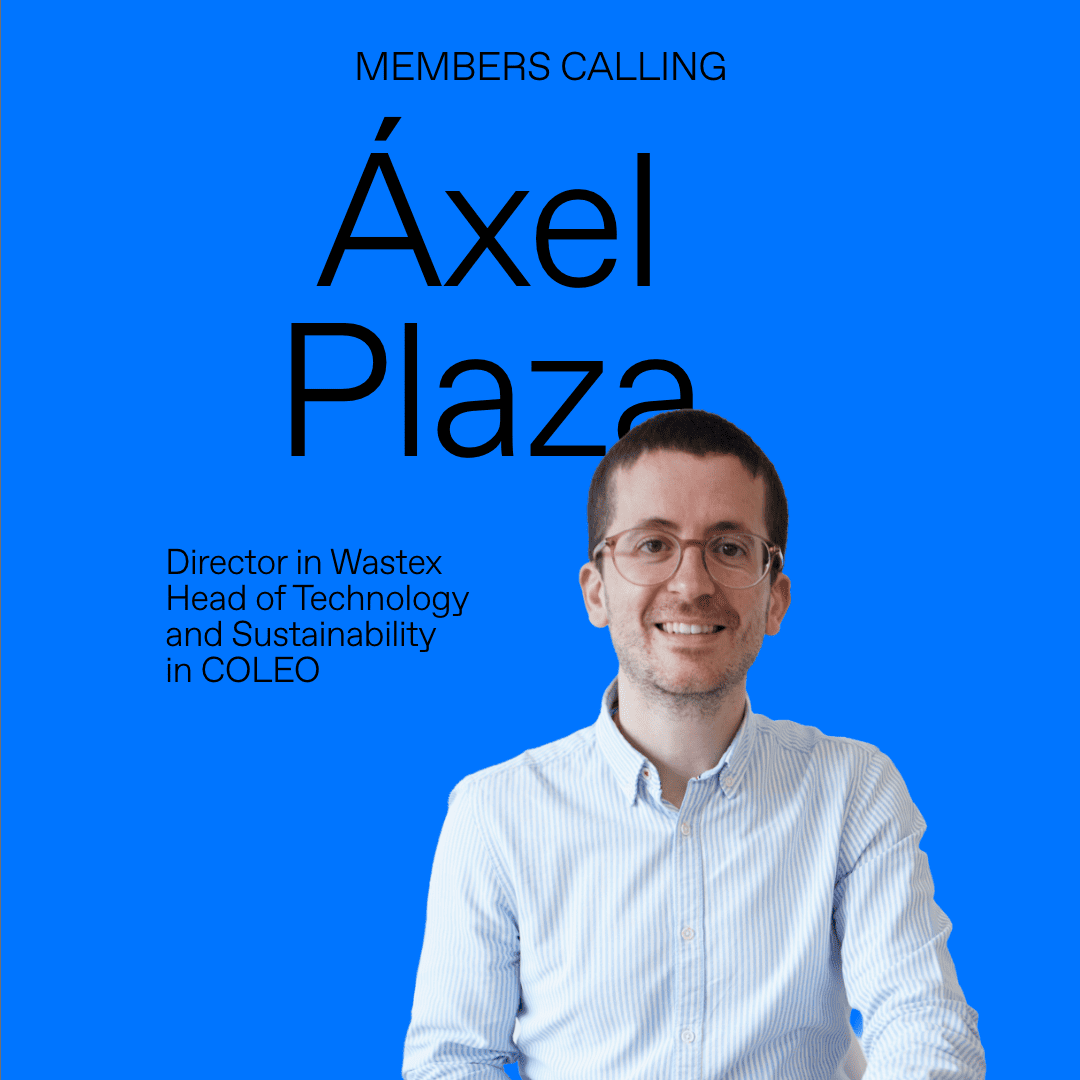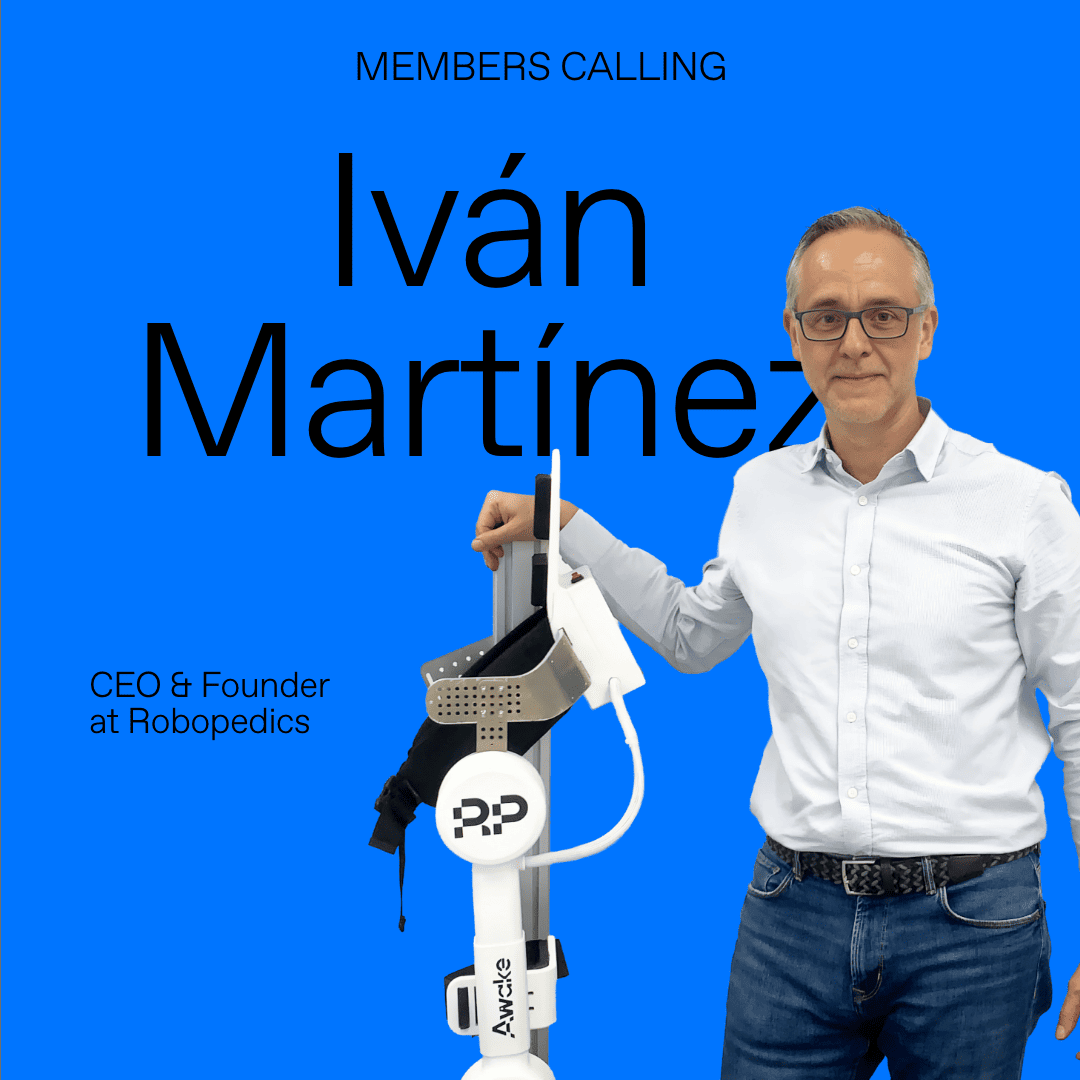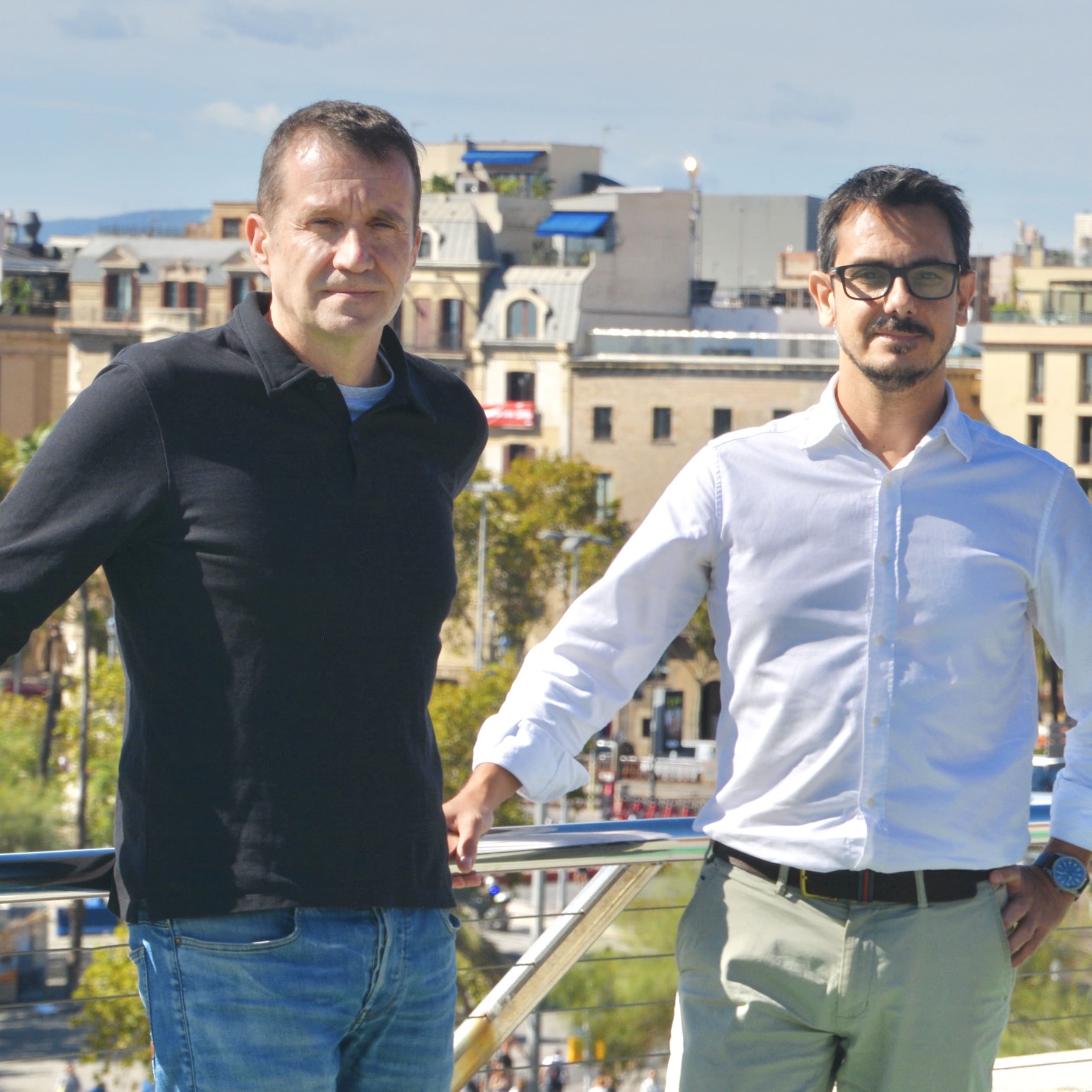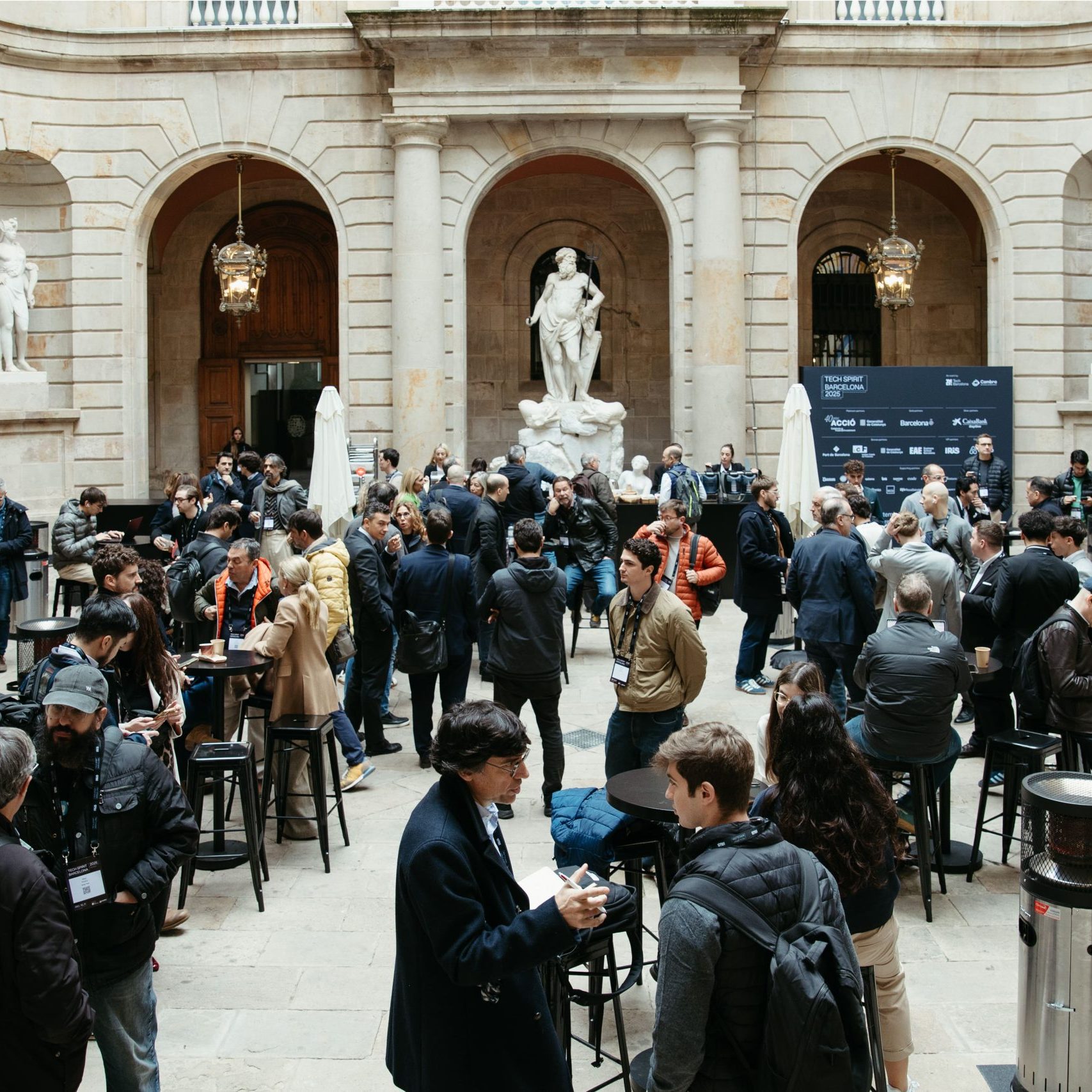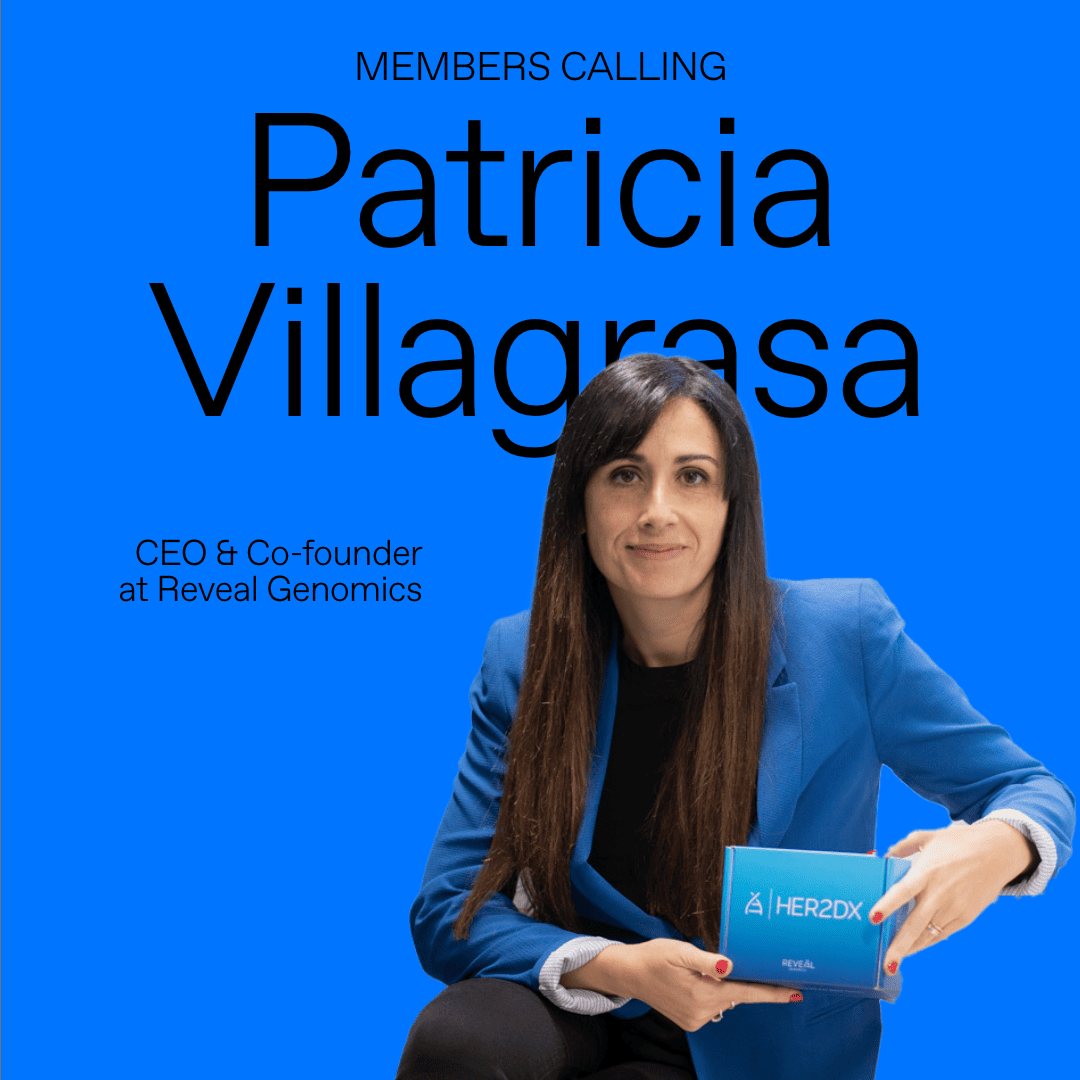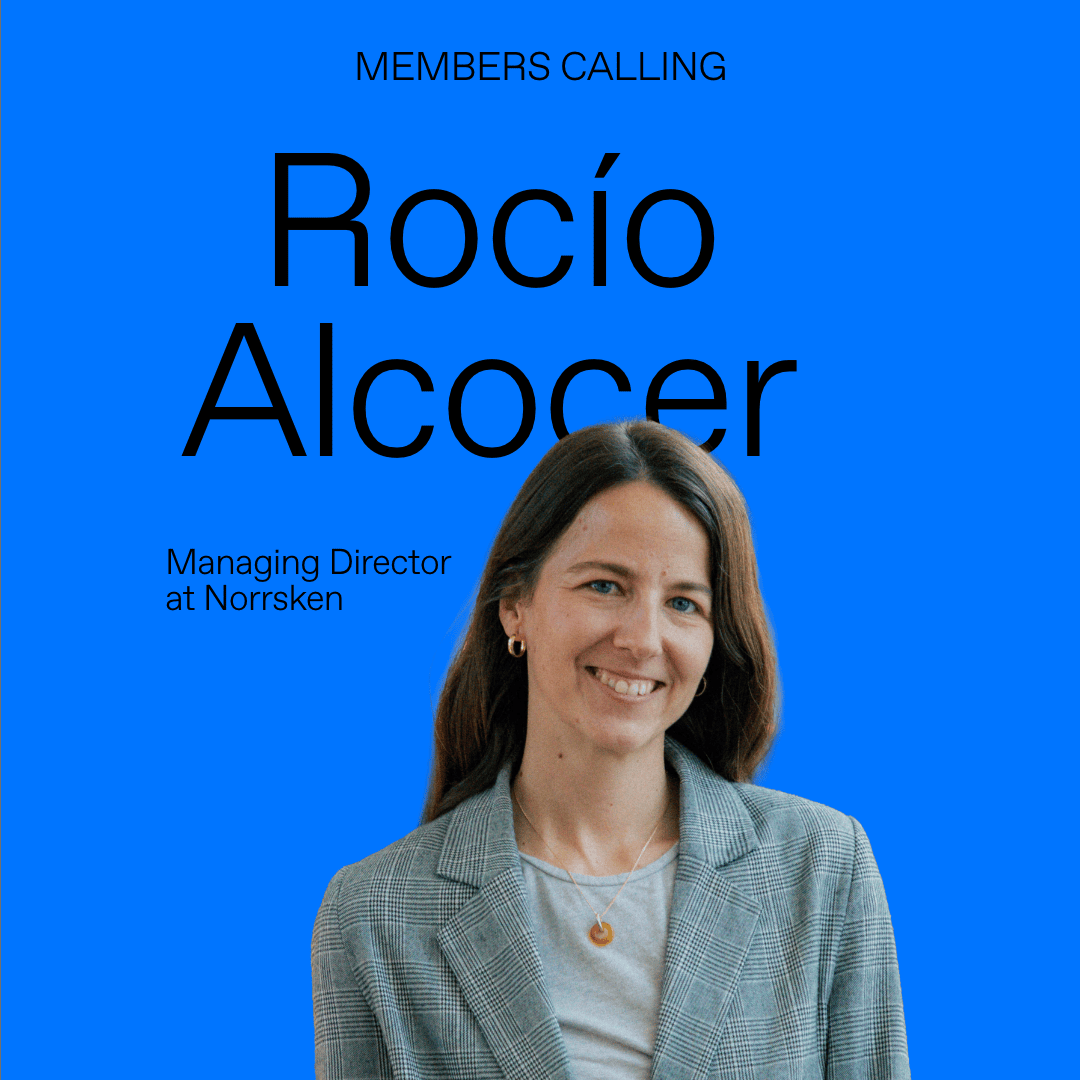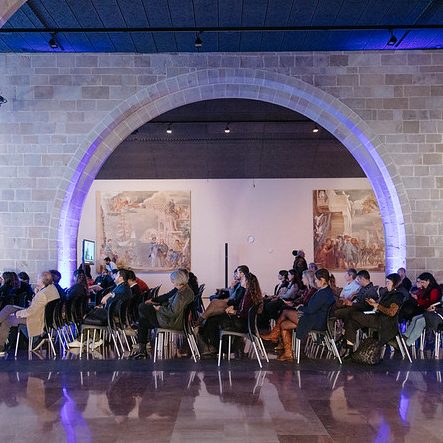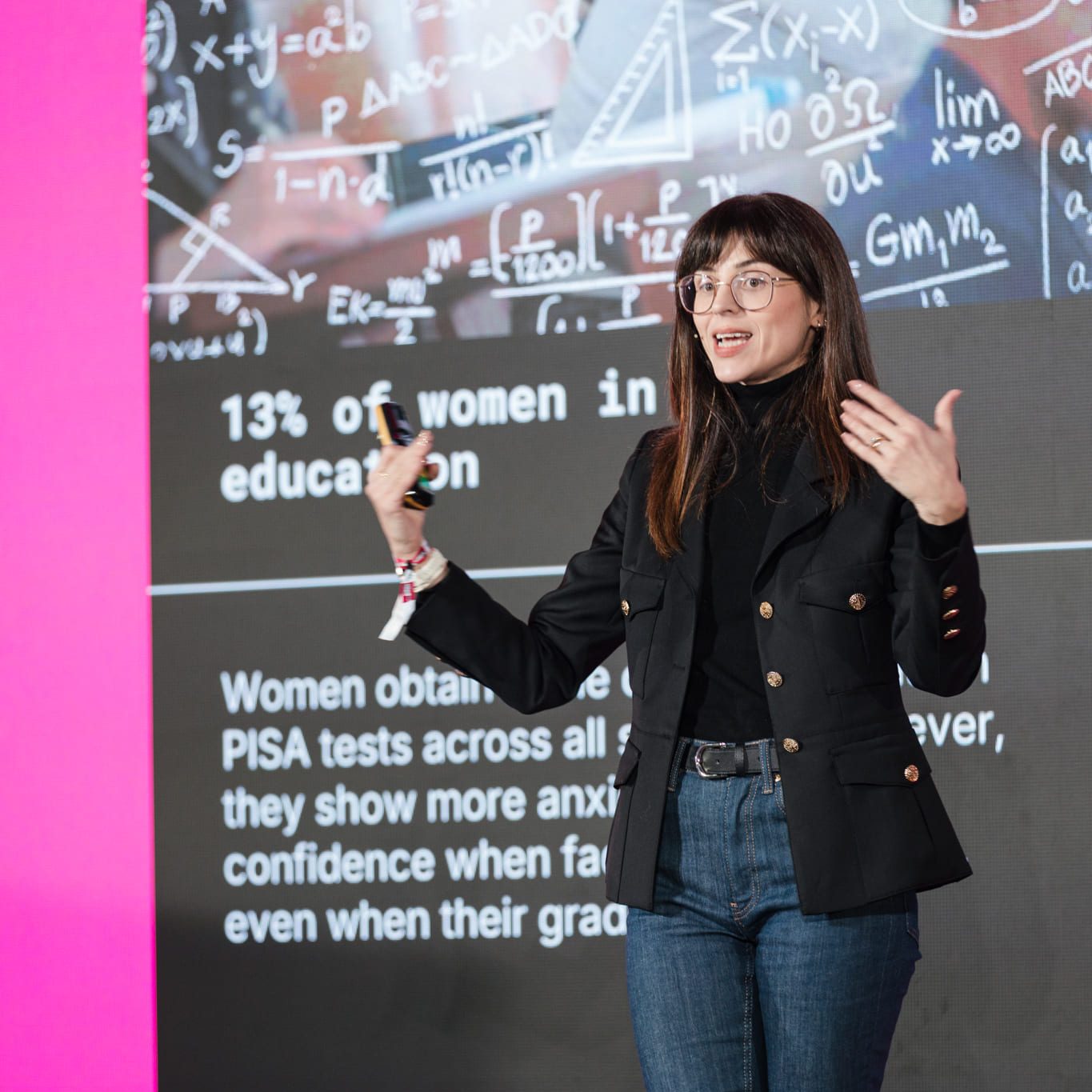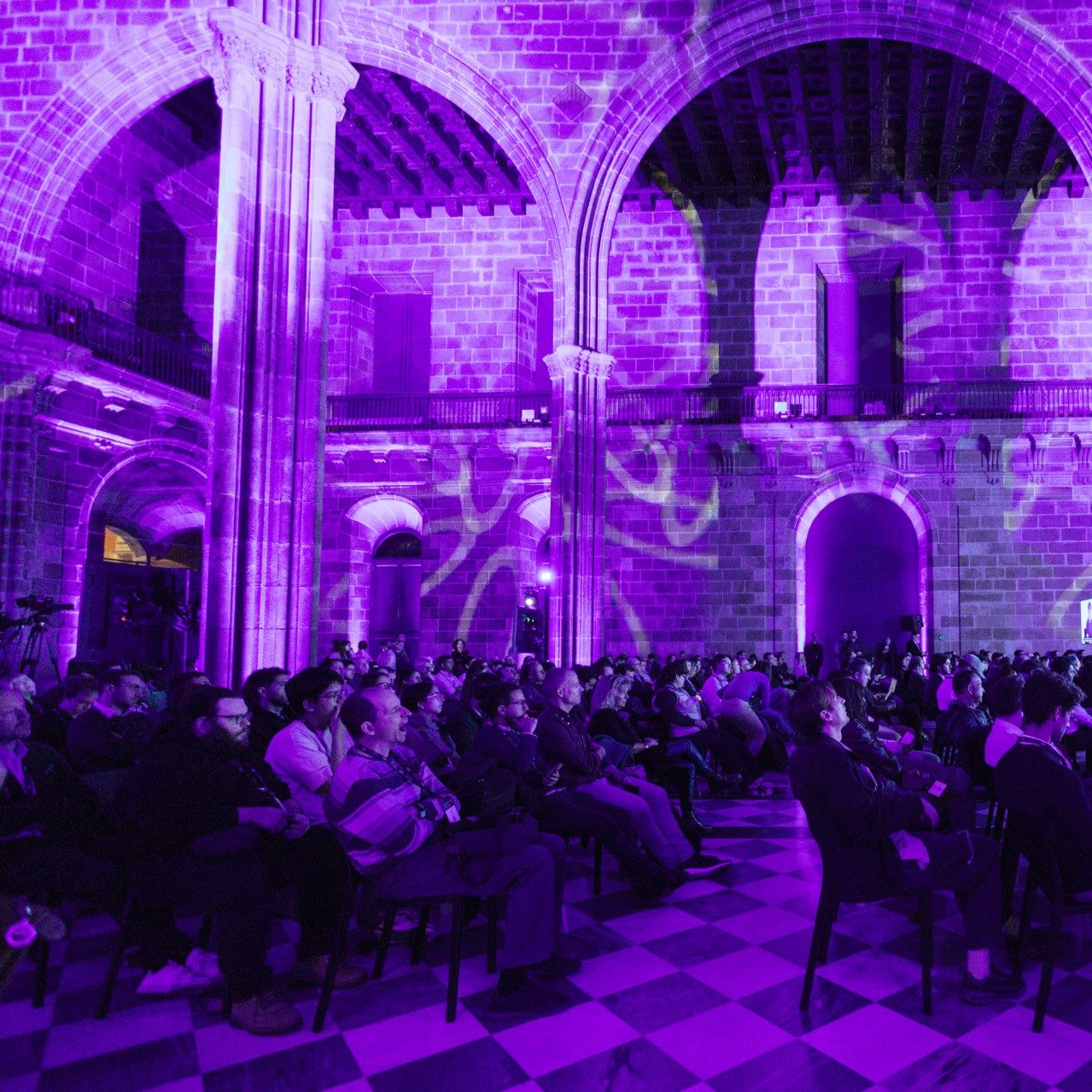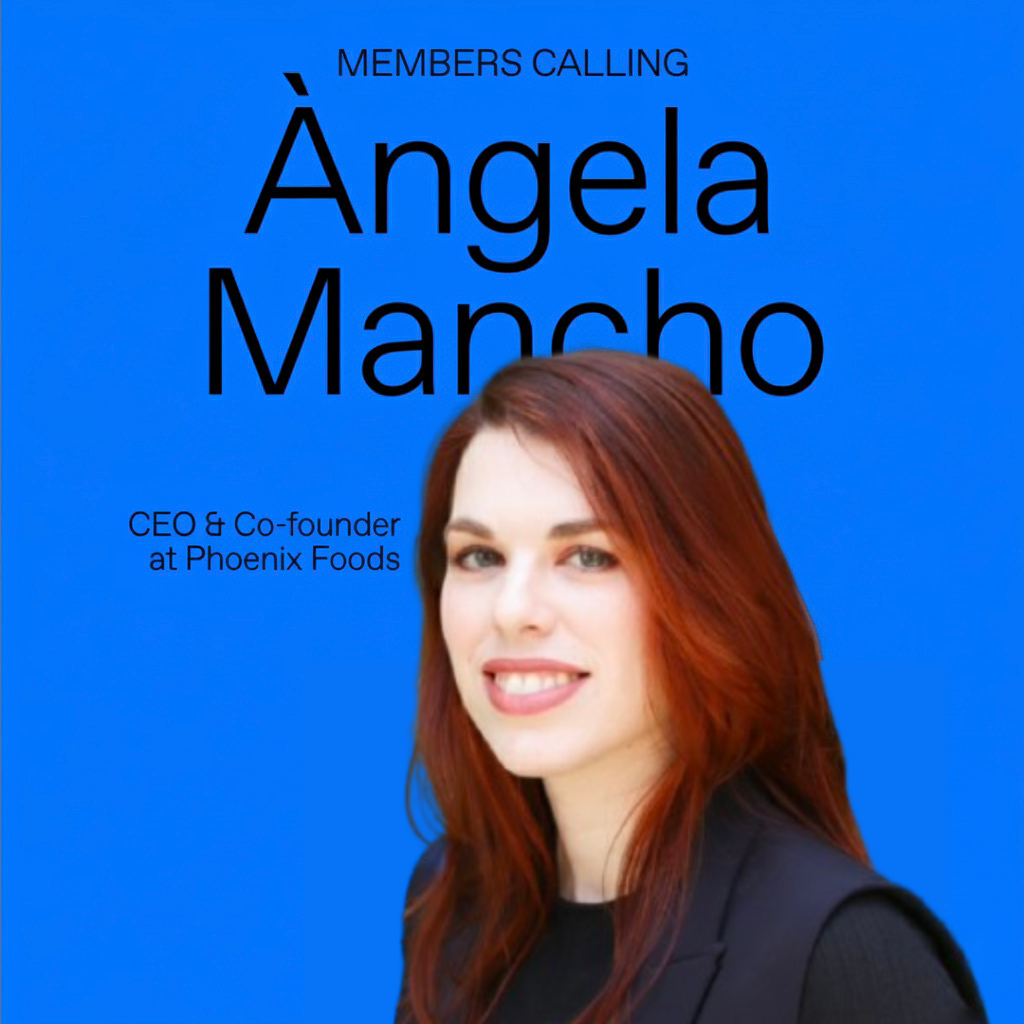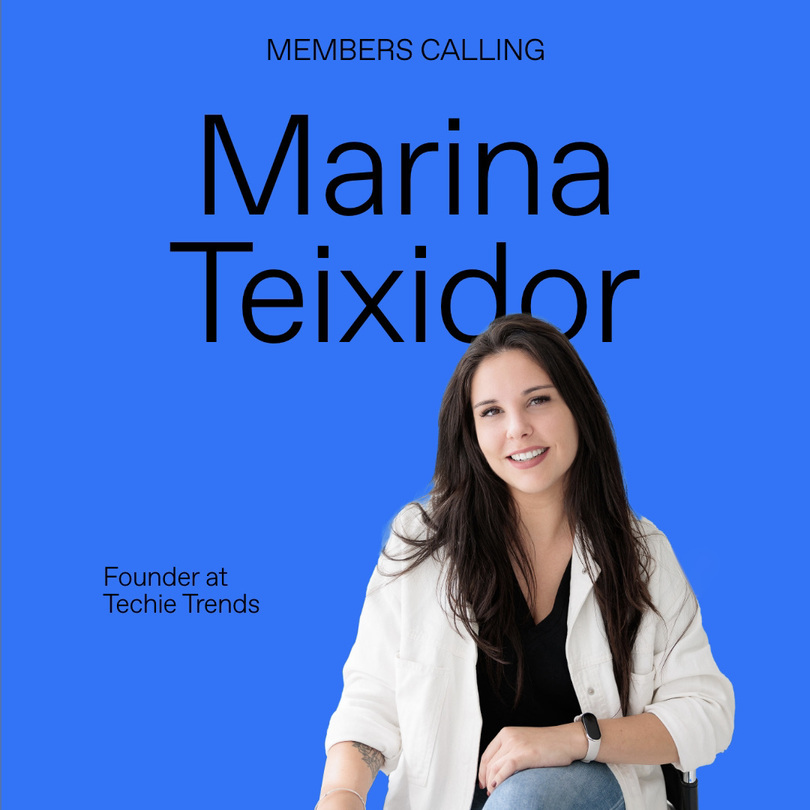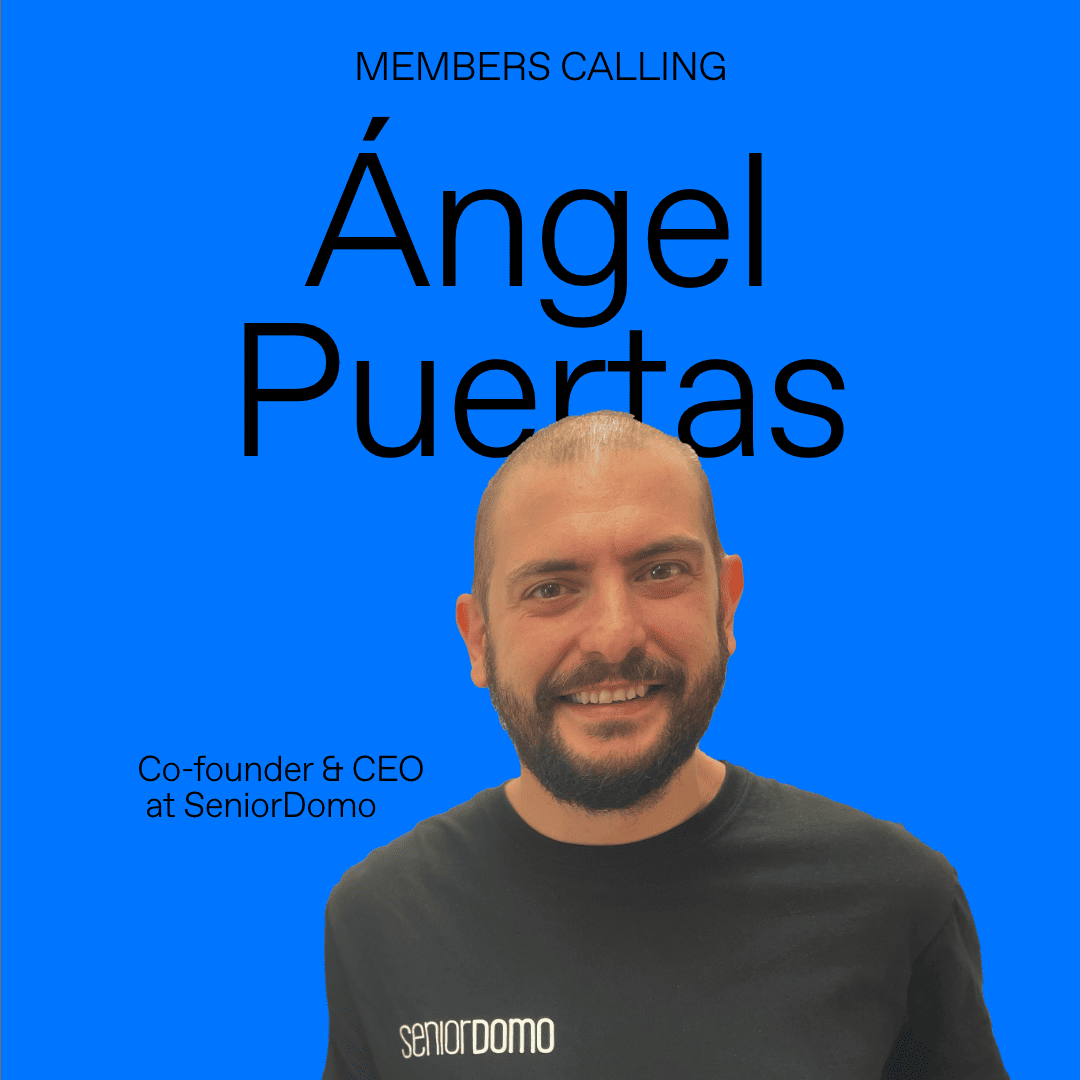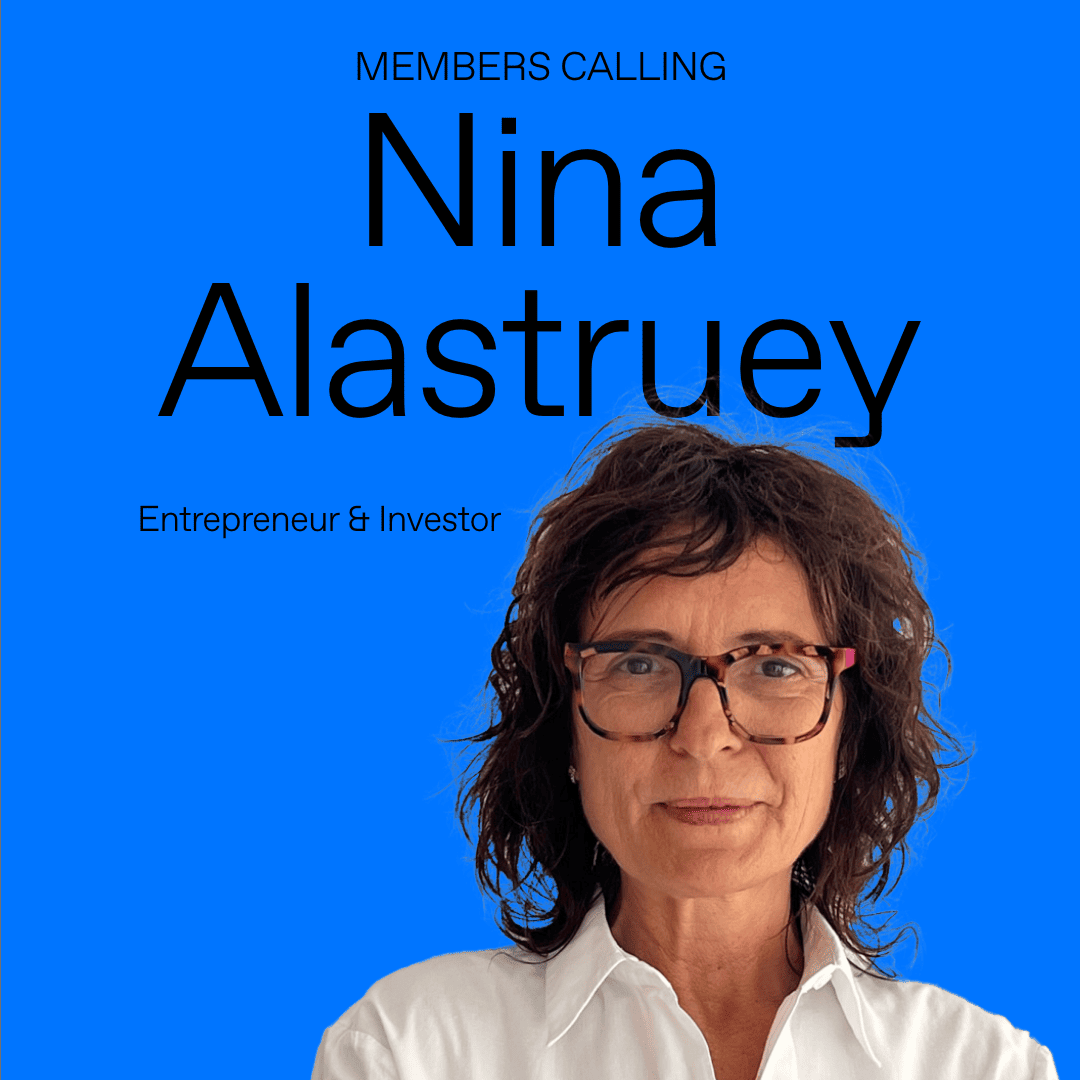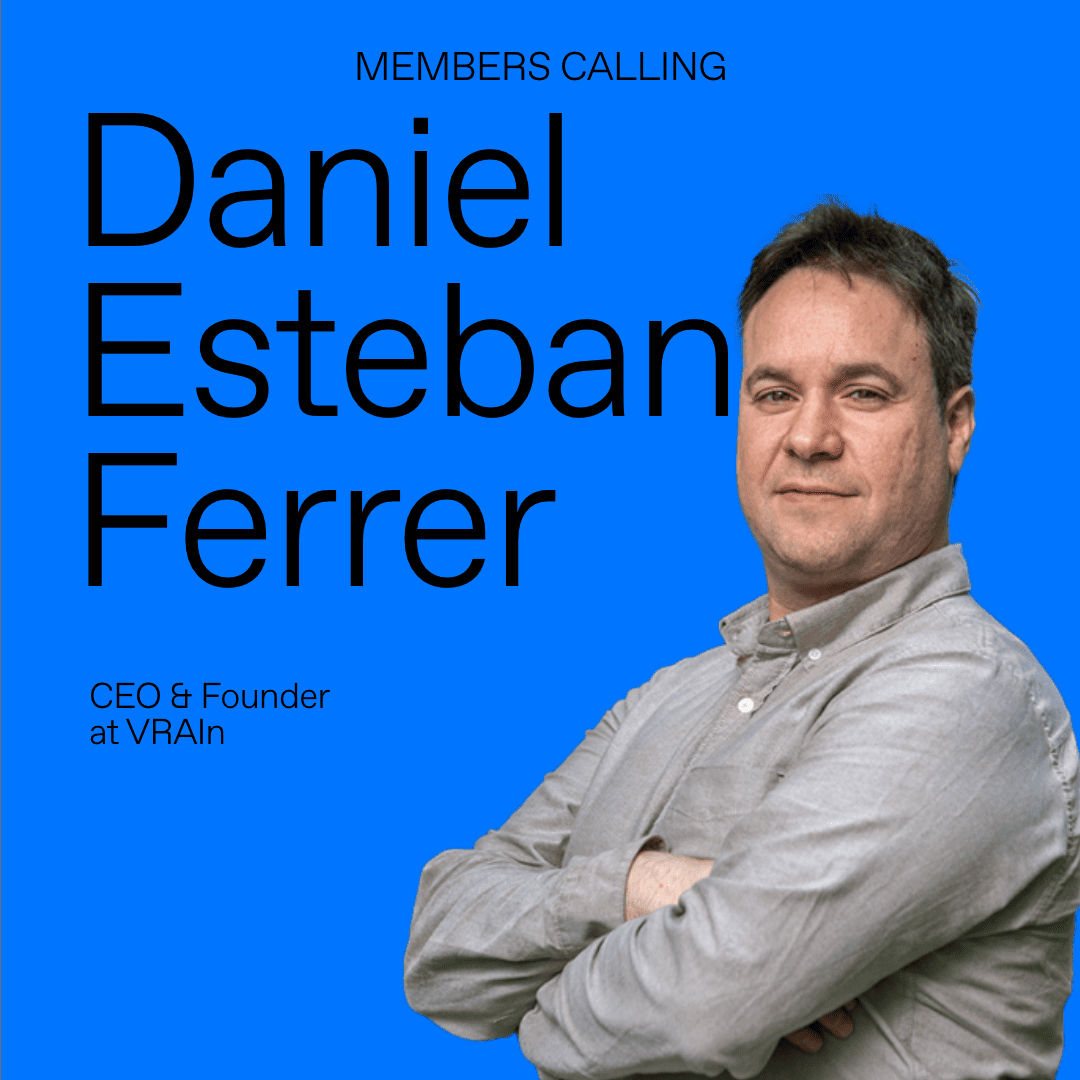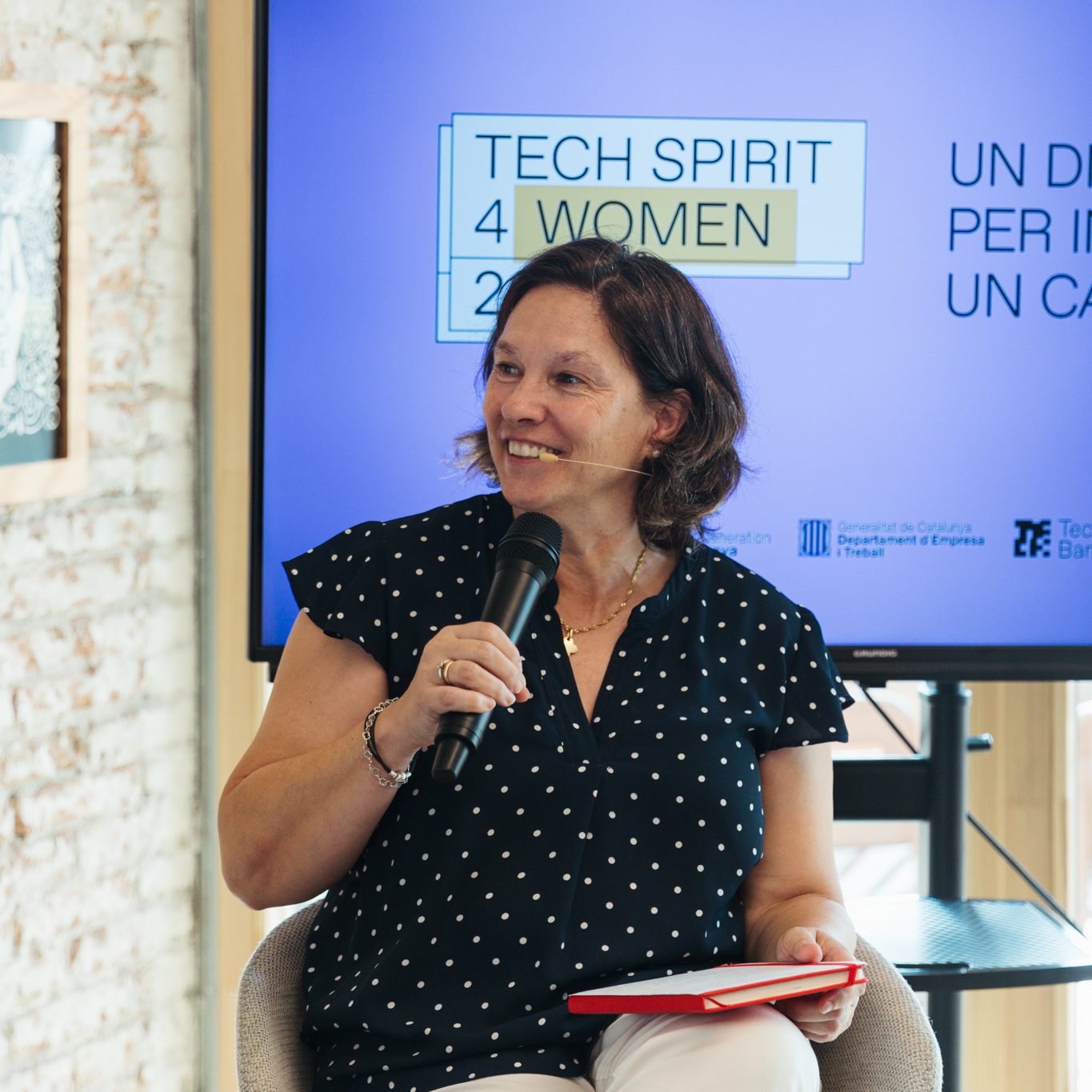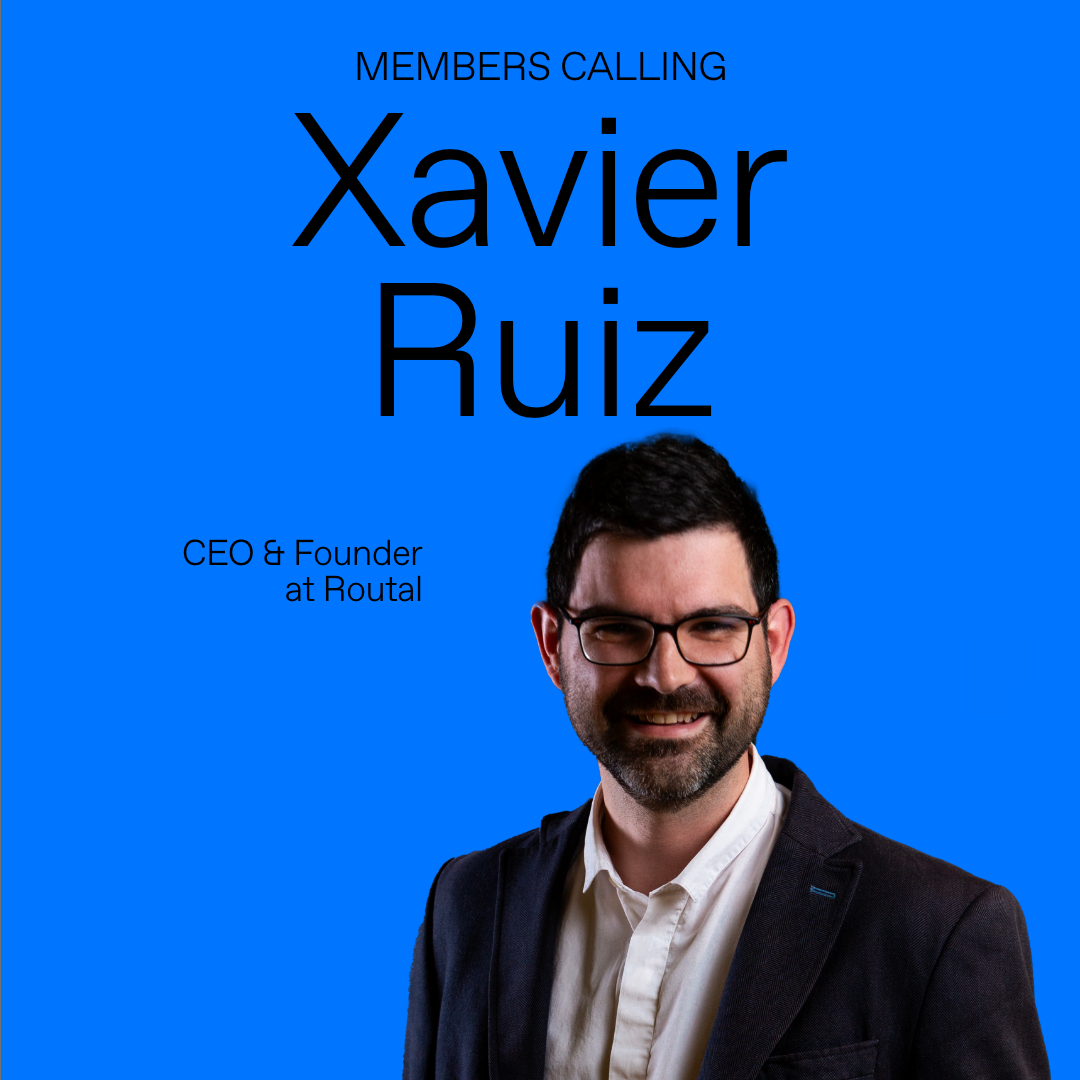Noticias
Members Calling #147 | Daniele Lezzi: “If you can’t explain it simply, you don’t understand it well enough”
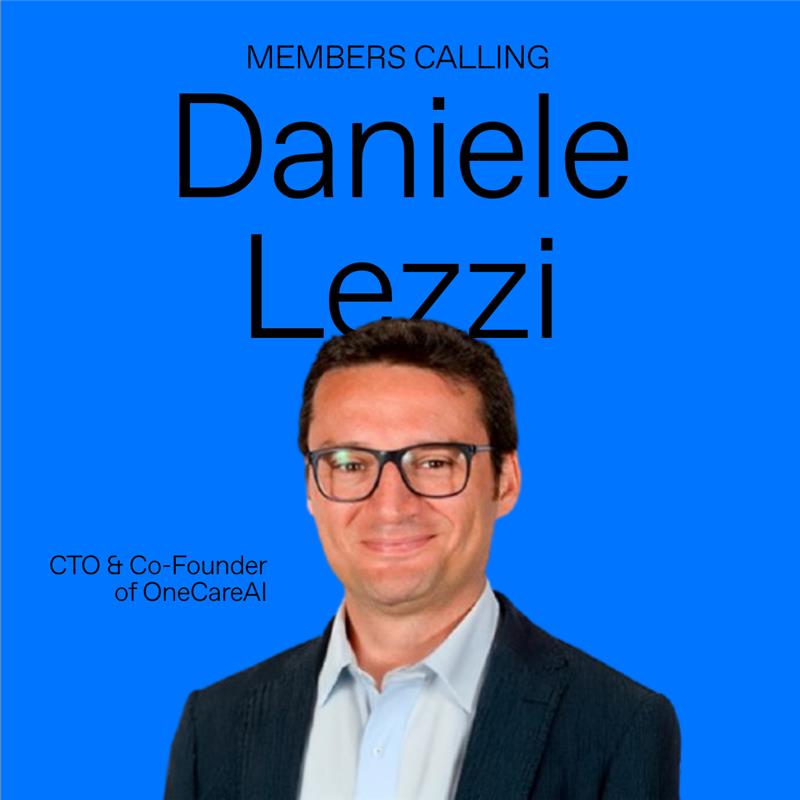
Daniele Lezzi (Lecce, 1977), PhD in Computer Engineering from the University of Salento, has spent over 25 years engaged in advanced computer science research. Today, while continuing his role as a Senior Researcher at the Barcelona Supercomputing Center, he is also CTO and co-founder of OneCareAI, a BSC spin-off that applies AI to assess ischemic stroke risk using a single
electrocardiogram.
Daniele is turning years of research into products that actually save lives – working from the BSC AI Factory at Tech Barcelona’s Pier07.
TB: What is the purpose of your project?
DL: We develop an AI-powered platform to assess ischemic stroke risk, enabling doctors to detect early warning signs from a single electrocardiogram. The idea is to spot early warning signs before it’s too late.
TB: Where’s your project at and where do you see it in two years?
DL: We are now starting pilot studies with hospitals to both collect relevant data from stroke patients and to validate the AI model. We are aiming at releasing our first certified product by 2028.
TB: A key decision that has shaped your project.
DL: Starting the collaboration with the genomics stroke research group at IR-Sant Pau has given us the uniqueness to our value proposition.
TB: What has been the biggest challenge you’ve faced, and what has it taught you?
DL: Our biggest challenge –then and now– has been clearly communicating the purpose of our product. Deep technology is inherently complex, and I’ve learned that removing words often adds more value to the message.
TB: The best advice you’ve ever received.
DL: The best advice I’ve ever received was to focus on clarity. If you can’t explain it simply, you don’t understand it well enough.
TB: We all change over time. Have you changed your mind about anything?
DL: When I lived in Lecce, I was convinced I would stay there forever… Then I moved to Barcelona, and everything changed.
TB: A professional role model who inspires you and why.
DL: Bernat Ripoll, Holded’s Co-CEO. Even after a holiday, he still goes straight to the office and develops code.
TB: What do you value most in the people you work with?
DL: Responsiveness and the ability to adapt to changing workloads.
TB: A technology that will shape the future.
DL: Wearables are the future of preventive healthcare. At OneCareAI, we already use smartwatches to continuously monitor patients and detect anomalies.
TB: A startup or company you admire.
DL: Holded. It’s a product I use every day and a great example of what committed co-founders can build together.
TB: What do you do to disconnect?
DL: I play golf, often with my family.
TB: A book to recommend.
DL: I love the series of Andrea Camilleri’s ‘Inspector Montalbano’ books
TB: A song that defines your moment in life.
DL: ‘Italiano a Barcellona’ by Roy Paci.
TB: A recipe, a meal, a restaurant.
DL: At home, they say my carbonara is perfect, and at work they love my tiramisu; maybe I should run my own restaurant. Casa Jondal in Ibiza is a perfect mix of food and nature.
TB: A place in the world.
DL: Barcelona, of course. It’s a unique place in the world.
TB: Where would you invest 100k?
DL: In my children’s education and professional training.
TB: If you weren’t an entrepreneur…
DL: I’d still be a researcher at the BSC, constantly looking for new technologies to transfer to the market.
TB: What does Tech Barcelona mean to you?
DL: It’s a great environment to connect with relevant people and make us visible.
